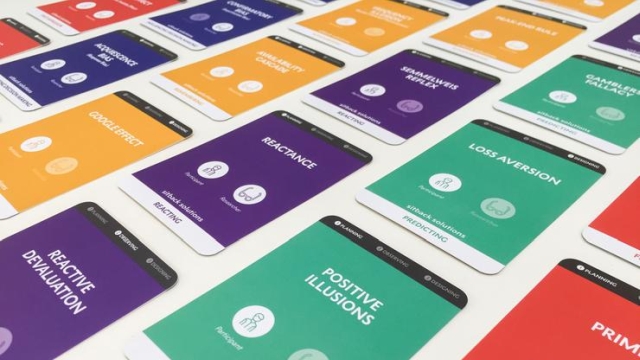
Great zinger! [Thinking is hard series]
This article is part of the Thinking is hard series from Buster Benson, offering insights into the cognitive biases that distort our thinking, and exploring related topics such as debate, persuasion, and systems thinking.
You get 1 zinger point for what you just said.
What is a zinger?
A zinger is a statement in support of a particular argument that meets the following criteria:
- It makes a good point! Can’t forget this.
- It stings the other side by revealing an inconsistency, flaw, or embarrassing detail in their previous attack.
- It signals to your own side that you are undoubtedly on their side, in the same way that a war cry, or a taunt before a game, or mooning the opponent does.
- It’s showy. Bold. Daring. And a little risky.
- Your side definitely saw the zinger. The other side may or may not have.
- If the other side did see your zinger, their first reaction was hopefully a brief moment of shame. Then backfire effect kicks in and they go back to their think tank to craft an even better zinger to zing you with.
- You’re a bit more susceptible to receive zingers from the other side, so get your defenses up.
Zinger: noun. A pointed witty remark or retort meant to signal solidarity to your own side.
Less about increasing understanding, more about escalating emotions.
What do I do with zinger points?
You amass them, of course. Whoever has the most zinger points, as perceived by your side, wins their respect. Like song, dance, and other arts, there’s craftsmanship in creating and delivering good zingers.
And unlike other ways of helping, being a zinger is something accessible and easy to do. Zinger points start rolling in immediately and you can get better over time. You can zing from the bus, you can zing from a boring meeting, you can sing from the toilet! Zing!
As with other entertainers, it’s possible to use the respect amassed through your zinging arts for good. Direct attention to the places where people can have the most impact. Don’t forget to do this!
But one danger is that the art of crafting zingers become an end in itself. People see your perfect zings and want to be cool like you. And the opportunity cost of everyone honing their zinging craft is huge.
Do zings move the conversation towards a resolution?
No.
Why not?
Just think back to the last time you were zinged by the other side. Did you consider their point and move closer towards agreement with them? Seems unlikely, right?
Why would good points (because zingers are made at least partially out of good points) result in the other side moving further away from the direction the good point was pointing? That doesn’t make sense?
This phenomenon is unintuitive, but definitely real and well-understood. It’s called backfire effect.
Think about these large, polarized, arguments more as sport-like competitions than collaborations. Think of a zing as a point scored for your side. Every point your side scores is increased evidence that your team is going to win the game. In sports, when you score do you expect the other side admit defeat? No, they’ll play harder to try to win against the odds! Your good point is their bad point. The only way for them to win is to score against your side. If you’re winning they become energized to play harder, faster, and maybe even a little dirtier.
That’s how backfire effect works. This bias evolved to help us win wars, battles, and other contests of force, often where the losing side did not survive to compete again. We are the descendants of a very long and brutal winning streak of millions of deadly battles.
Zingers don’t win arguments, they escalate them.
Zingers don’t convince the other side that they’re wrong, they signal to your team that you are a valuable player in this game.
That doesn’t mean they’re not useful, in some sense — they’ve been very useful to natural selection’s cruel algorithm. We should just be clear that they’re tools of entertainment and battle, not resolution.
Is this article a zinger?
Yeah, sort of. But it’s one I’d like to direct at my side (with love) rather than to the other side. I hope that if we examine the full-effects of zingers, we might realize that we can’t subsist on zingers alone. We should work just as hard building strategies that do bring the other side closer to us rather than just push them away. We should think beyond the increasingly violent competition of sides and about how we’re all in the same league, and in the same world, and complex, beautiful, creatures floating on a tiny speck of dust in a vast cosmos.
Or something deep like that.
Pass this on!
Have you seen a good zinger lately?
Reply to them with a link to this post!
If you’re interested in brainstorming ways to improve our conversation skills and have more fruitful disagreements with people who we disagree with, join the interesting arguments community.
Article source: Great zinger! Reproduced by permission.






